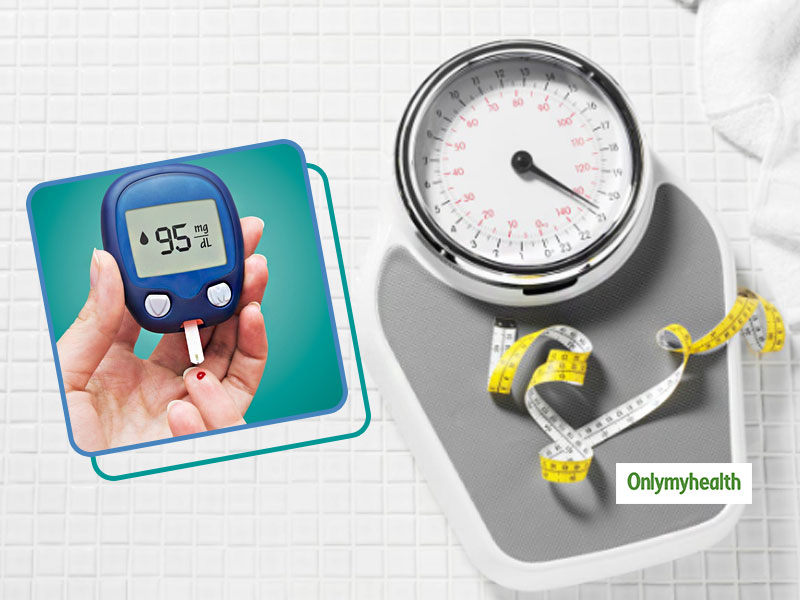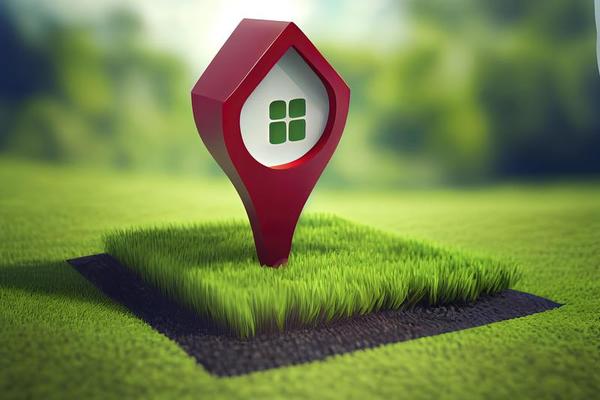Melbourne, a vibrant city known for its diversity and inclusivity, has become a hub for comprehensive disability support services. Whether you’re an individual seeking personal assistance or a family member helping a loved one navigate life with a disability, understanding available support options is vital. From government programs to community initiatives, this guide will walk you through everything you need to know about disability support services in Melbourne.
Understanding Disability Support in Australia
What Does “Disability Support” Include?
Disability support encompasses a wide range of services designed to assist individuals with physical, intellectual, sensory, or psychosocial disabilities. These include personal care, transport services, assistive technology, housing, and therapies aimed at enhancing independence and quality of life.
Support can be formal (government-funded or professionally delivered services) or informal (family, friends, and community assistance).
The Role of the NDIS (National Disability Insurance Scheme)
The NDIS plays a crucial role in delivering disability services across Australia. It provides funding for personalized support based on individual needs.
Key Features:
- Individualized plans
- Focus on long-term goals and independence
- Funding for a wide array of services like therapy, equipment, and housing
Eligibility Requirements:
- Under 65 years of age
- Australian citizen or permanent resident
- Must have a permanent and significant disability
Melbourne residents can access NDIS Local Area Coordinators (LACs) across various suburbs to assist with planning and navigation.
Types of Disability Support Services Available in Melbourne
1. Daily Living Support
These services help individuals perform everyday tasks and maintain independence.
Key Services:
- Personal care: bathing, dressing, grooming
- Domestic assistance: cleaning, laundry, cooking
- Meal preparation: nutritional guidance and ready-made meals
- Assistive technology: wheelchairs, smart home devices, and communication aids
2. Supported Independent Living (SIL) & Specialist Disability Accommodation (SDA)
Supported accommodation allows people with disabilities to live in shared or individual homes with trained staff available for support.
SIL Services Include:
- 24/7 supervision and support
- Help with budgeting and daily planning
- Life skills training
SDA Overview:
- Purpose-built housing for individuals with high support needs
- Properties designed with safety and accessibility in mind
- Funded under the NDIS for eligible participants
3. Allied Health & Therapeutic Services
These services are crucial for rehabilitation, behavior management, and general well-being.
Available Services in Melbourne:
- Occupational therapy: aids in skill development for daily life
- Physiotherapy: mobility and pain management
- Speech pathology: communication and swallowing issues
- Psychology: behavior support and mental health management
Many providers also offer telehealth options, making therapy accessible from the comfort of home.
4. Community Access & Social Participation
Social inclusion is fundamental to well-being. Melbourne offers several initiatives to promote community involvement.
Options Include:
- Day programs for arts, crafts, and group learning
- Inclusive recreational activities like dance, music, and sports
- Cultural and festival participation with accessibility support
Community access programs are designed to reduce isolation and encourage active social life.
5. Employment and Vocational Support
Employment is a critical part of independence. Various services help people with disabilities find and maintain jobs.
Key Services:
- Disability Employment Services (DES): Government-funded job support
- School Leaver Employment Supports (SLES): Assists students transitioning from school to work
- Social enterprises: Organizations offering meaningful employment with tailored support
Job coaches, resume assistance, workplace modification, and mentoring are common components.
6. Plan Management and Support Coordination
Plan Management
- Helps you manage NDIS budgets and provider payments
- Offers greater flexibility in choosing providers
Support Coordination
- Helps participants understand and implement their NDIS plans
- Connects them to suitable service providers
- Troubleshoots issues and ensures goals are met
Choosing a skilled and experienced plan manager or coordinator in Melbourne can significantly improve the quality of services received.
Finding the Right Provider in Melbourne
How to Choose a Disability Service Provider
Selecting the right provider can be overwhelming. Here are key factors to consider:
- Accreditation: Is the provider NDIS-registered?
- Experience: Are they experienced in managing your specific needs?
- Reviews and Testimonials: What do other clients say?
- Service Range: Do they offer multiple services or just one?
- Location: Are they accessible to you physically or virtually?
Top-Rated Disability Support Providers in Melbourne
While there are many excellent services, a few categories of trusted providers include:
- Multidisciplinary agencies offering full NDIS plan support
- Boutique providers specializing in autism or sensory impairments
- Faith-based or cultural organizations catering to specific communities
Always conduct interviews, ask for service agreements, and start with trial periods where possible.
Government and Community Resources
Victorian State Government Support
The Victorian government offers several programs:
- Disability Gateway: Central access to information and services
- Disability Advocacy Resource Unit (DARU): Helps with rights and complaints
- Public transport access programs: Includes free travel training and accessible vehicles
Community-Led Initiatives and Peer Support Groups
Community organizations play a pivotal role. Many host peer support groups, inclusive events, and workshops. Examples include:
- Online parent/carer forums
- Cultural inclusion networks
- Neurodiversity advocacy groups
Tips for Families and Carers
Families and carers are the unsung heroes of disability support. They often need help too.
Useful Resources:
- Carer Gateway: Offers respite, counseling, and support planning
- Respite services: Short-term stays to provide relief to caregivers
- Training workshops: Skill-building sessions for carers on topics like communication, emergency support, and mental health
Remember, self-care is not selfish. A supported carer can provide better support.
Challenges and Opportunities in Disability Support (2025 Outlook)
While Melbourne is a leader in inclusion, challenges remain:
Challenges:
- Long wait times for some services
- Rural/outer suburb access gaps
- Complexity of NDIS processes
Opportunities:
- Growth in digital and virtual support
- Smart-home integration for independent living
- Co-designed programs led by people with lived experience
Melbourne continues to evolve, and its disability support ecosystem is likely to become even more responsive and personalized.
Conclusion: Support Is Within Reach
Melbourne offers a vast and diverse landscape of disability support services designed to empower individuals and their families. Whether you’re just starting your journey with the NDIS or looking to enhance an existing plan, there are resources, professionals, and communities ready to assist you.
Disability doesn’t define a person—but the right support can help define a better, more empowered life.
FAQs: Your Questions Answered
Q1: What are the eligibility requirements for NDIS in Melbourne?
You must be under 65, an Australian citizen or permanent resident, and have a significant and permanent disability that impacts your daily life.
Q2: How can I apply for Specialist Disability Accommodation (SDA)?
You need to be assessed as SDA-eligible under the NDIS. A support coordinator or planner can help submit the appropriate documentation.
Q3: Can I get disability support if I’m not on the NDIS?
Yes. The Victorian Government and various community groups offer non-NDIS support services.
Q4: Are there providers that support CALD (Culturally and Linguistically Diverse) communities?
Absolutely. Many Melbourne-based providers specialize in multilingual and culturally aware services.
Q5: What’s the difference between support coordination and plan management?
Plan managers help handle funding and invoices. Support coordinators help you find and connect with services.
Q6: Are there services available for temporary or emergency disability support?
Yes. Emergency respite care and short-term accommodation are available from specific providers.
Q7: What if I’m not happy with my current disability support provider?
You can switch providers at any time. It’s also your right to report issues to the NDIS Quality and Safeguards Commission.













Leave a Reply